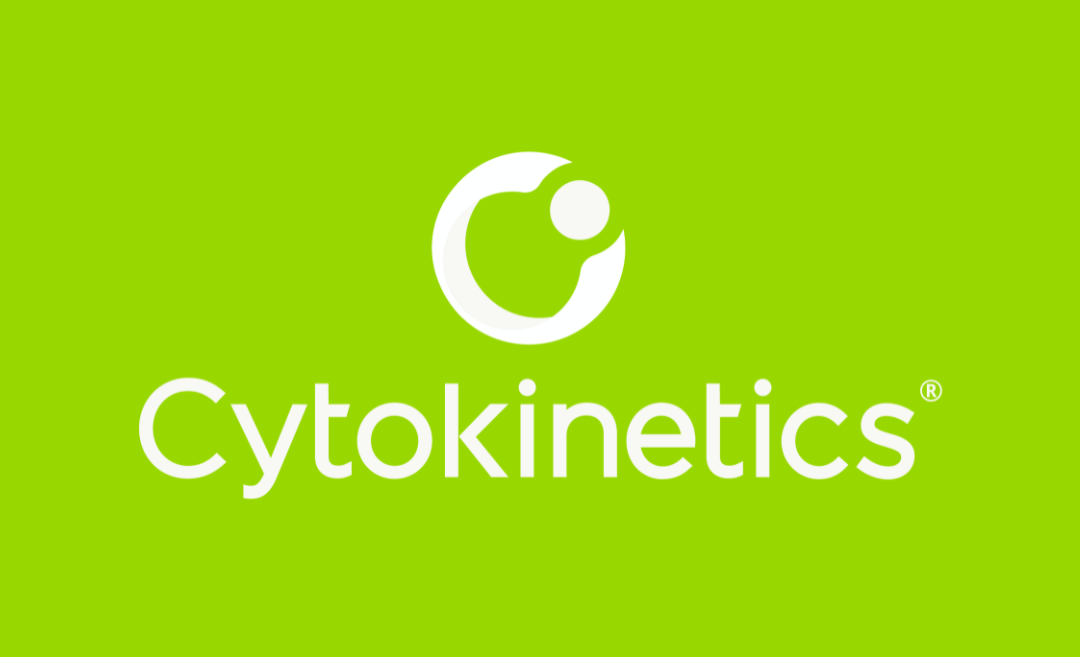A new era of implantable cardioverter-defibrillators (ICDs) may be on the horizon. In this premarket clinical study, Medtronic’s unique extravascular ICD effectively terminated acute and chronic life-threatening arrhythmias, while simultaneously hitting safety endpoints.
In contrast to traditional ICD leads which are inserted through veins into the heart, this device’s lead is placed directly behind the sternum and connected to a device implanted below the patient’s left armpit. By placing the lead beneath the breastbone but outside of the heart, the team reduced risks associated with transvenous ICDs such as lung collapse, heart perforation, and heart valve damage.
In the prospective single-group study of patients with a class I or IIa indication for an ICD, 316 participants underwent an attempted implant, and 299 were discharged with a working extravascular ICD system.
- Physicians successfully terminated an induced ventricular arrhythmia in 298 of 302 patients (98.7%).
- At six months, 92.6% of participants had no major system or procedure-related complications.
- Out of 18 recorded episodes of cardiac arrest, 100% were converted back to normal heart rhythms after delivering shocks.
- 23 patients experienced major complications, the most common being dislodgement of the lead wire.
- 29 patients experienced inappropriate shocks, at an average of 10.6 months after implantation, with most linked to over-sensing of the heart’s electrical signals.
The Takeaway
Overall, researchers found that the EV ICD achieved a defibrillation success rate of 98.7%—the original goal was 88%—and met all safety endpoints. Medtronic has received a green light from the FDA to continue studying the device while the agency reviews its premarket application.





